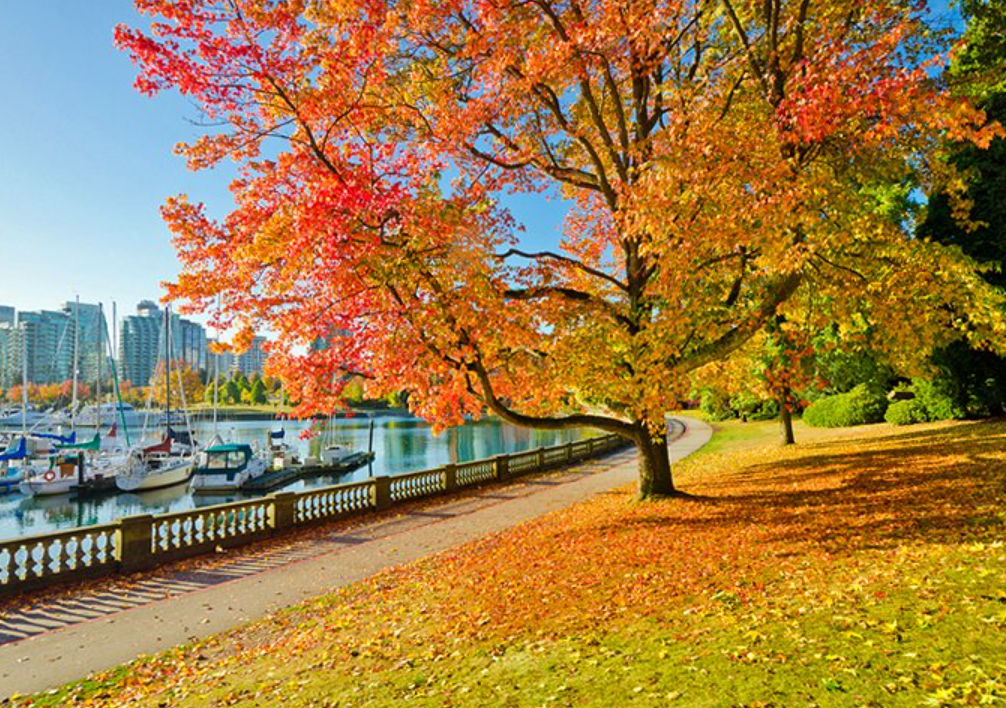Introduction
Canada, known for its vast landscapes and multicultural society, offers a plethora of cities that cater to diverse lifestyles and preferences. As we navigate through 2025, certain cities stand out for their exceptional living conditions, economic opportunities, and cultural offerings. This guide delves into the best cities to reside in Canada this year, helping you make an informed decision for your next move.

1. Toronto, Ontario
Overview: As Canada’s largest city, Toronto is a bustling metropolis that offers a dynamic blend of cultures, industries, and opportunities.
Highlights:
- Economic Hub: Home to major industries including finance, technology, and media, providing ample employment opportunities.
- Cultural Diversity: A melting pot of cultures, languages, and cuisines, reflecting its status as one of the most multicultural cities globally.
- Education: Hosts renowned institutions like the University of Toronto and Ryerson University.
Considerations: High cost of living and housing prices.
2. Vancouver, British Columbia
Overview: Nestled between the Pacific Ocean and the Coast Mountains, Vancouver offers stunning natural beauty alongside urban sophistication.
Highlights:
- Climate: Mild, oceanic climate with less severe winters compared to other Canadian cities.
- Outdoor Activities: Proximity to beaches, mountains, and parks encourages an active lifestyle.
- Economic Opportunities: Strong presence in film production, technology, and tourism sectors.
Considerations: Among the highest housing costs in Canada.
3. Calgary, Alberta
Overview: Known for its booming energy sector, Calgary combines economic prosperity with a high standard of living.
Highlights:
- Affordability: Lower cost of living compared to other major cities.
- Employment: Strong job market, particularly in oil, gas, and technology industries.
- Lifestyle: Close to the Rocky Mountains, offering recreational activities like skiing and hiking.
Considerations: Economic dependence on the energy sector can lead to fluctuations.
4. Ottawa, Ontario
Overview: As the capital city, Ottawa boasts a blend of political significance, cultural heritage, and modern amenities.
Highlights:
- Safety: Consistently ranked as one of Canada’s safest cities.
- Education and Research: Home to institutions like the University of Ottawa and Carleton University.
- Bilingualism: Offers services in both English and French, reflecting Canada’s official languages.
Considerations: Colder winters compared to coastal cities.
5. Montreal, Quebec
Overview: Montreal exudes European charm with its historic architecture, vibrant arts scene, and bilingual culture.
Highlights:
- Cultural Scene: Renowned for festivals, music, and culinary delights.
- Education: Hosts prestigious institutions like McGill University and Université de Montréal.
- Affordability: Lower housing costs compared to Toronto and Vancouver.
Considerations: Knowledge of French is beneficial for integration and employment.
6. Quebec City, Quebec
Overview: A UNESCO World Heritage site, Quebec City offers a rich history and a tight-knit community atmosphere.
Highlights:
- Safety: High safety index, making it ideal for families.
- Cost of Living: Among the most affordable cities in Canada.
- Cultural Heritage: Strong French influence with well-preserved architecture and traditions.
Considerations: Predominantly French-speaking; proficiency in French is essential.
7. Victoria, British Columbia
Overview: Located on Vancouver Island, Victoria is known for its picturesque landscapes and relaxed lifestyle.
Highlights:
- Climate: One of the mildest climates in Canada.
- Lifestyle: Ideal for retirees and those seeking a slower pace of life.
- Natural Beauty: Abundant gardens, coastal views, and outdoor activities.
Considerations: Limited job market compared to larger cities.
8. Halifax, Nova Scotia
Overview: A vibrant port city, Halifax combines maritime history with modern growth.
Highlights:
- Education: Home to several universities, including Dalhousie University.
- Community: Friendly atmosphere with a strong sense of community.
- Affordability: Lower housing costs and cost of living.
Considerations: Weather can be unpredictable with fog and rain.
Conclusion
Choosing the best city to live in Canada in 2025 depends on individual preferences, career goals, and lifestyle aspirations. Whether you prioritize economic opportunities, cultural experiences, or natural beauty, Canada’s diverse cities offer something for everyone.











